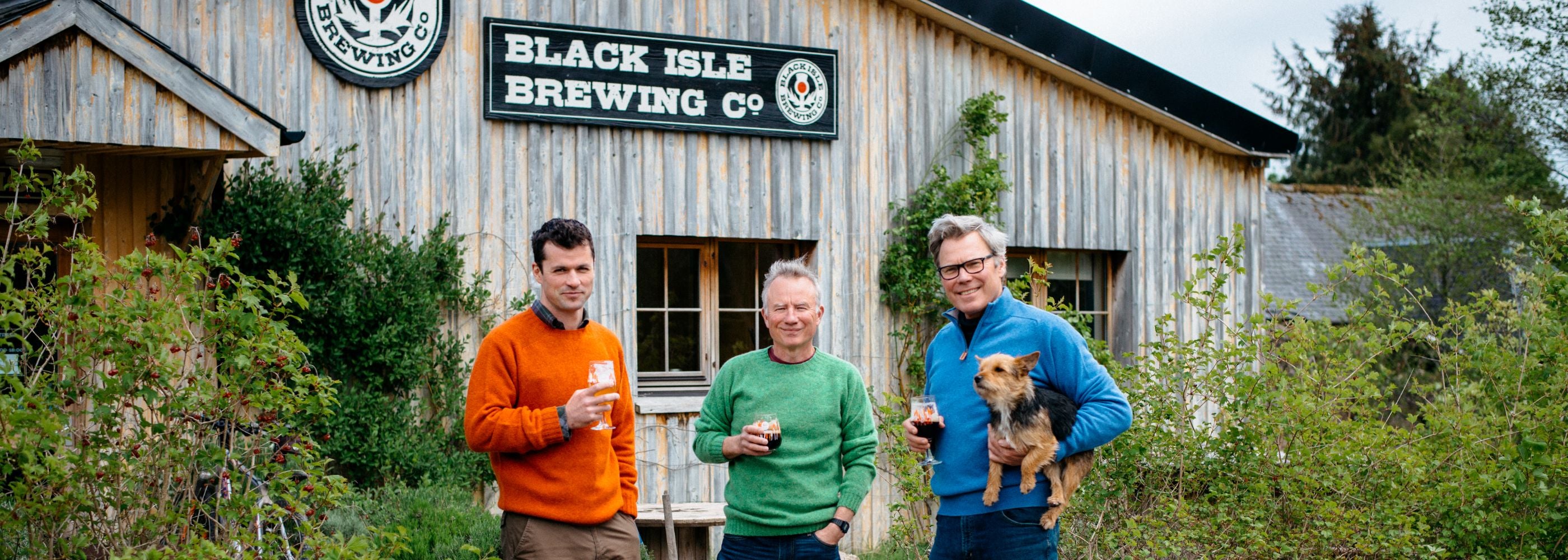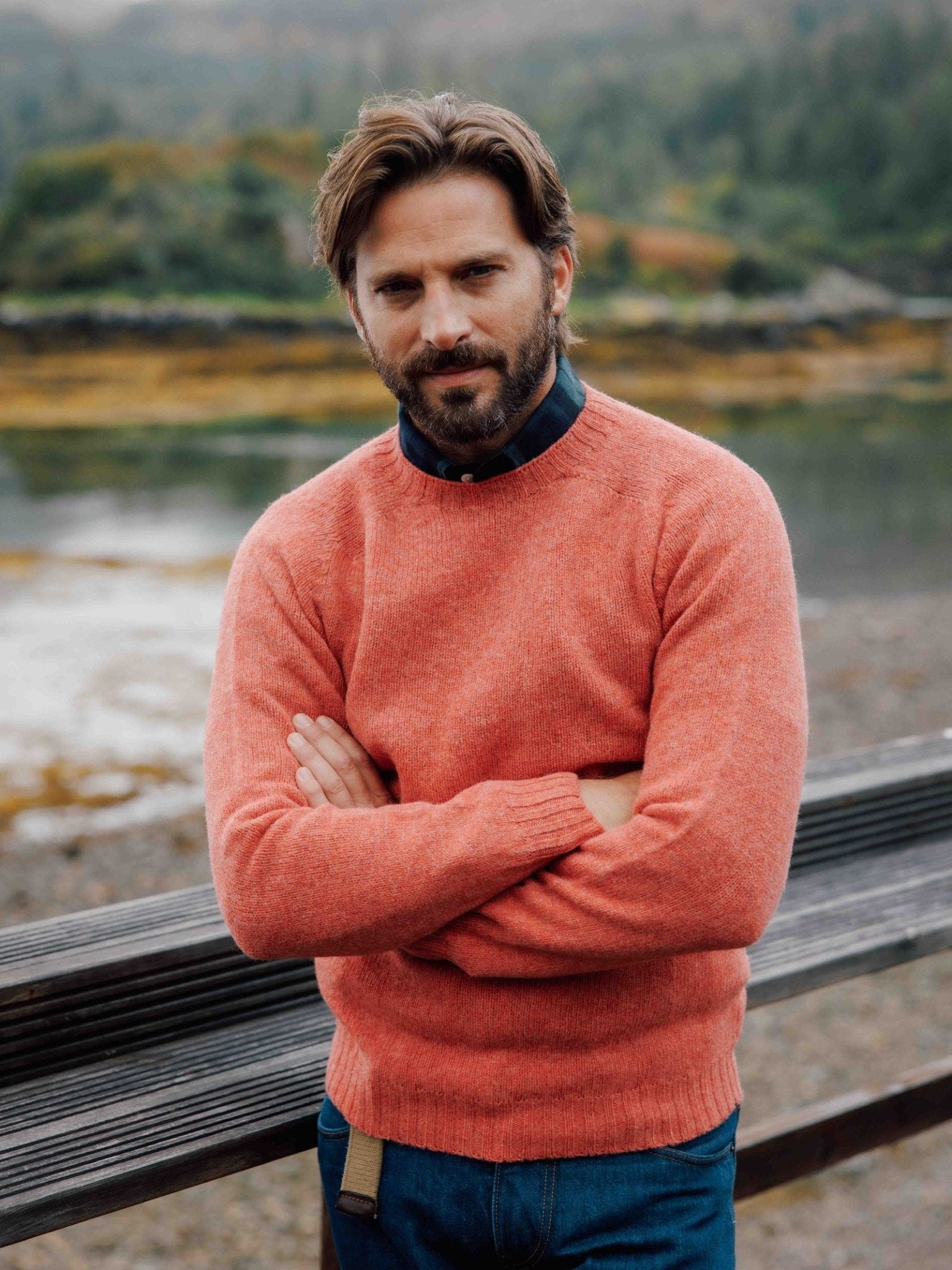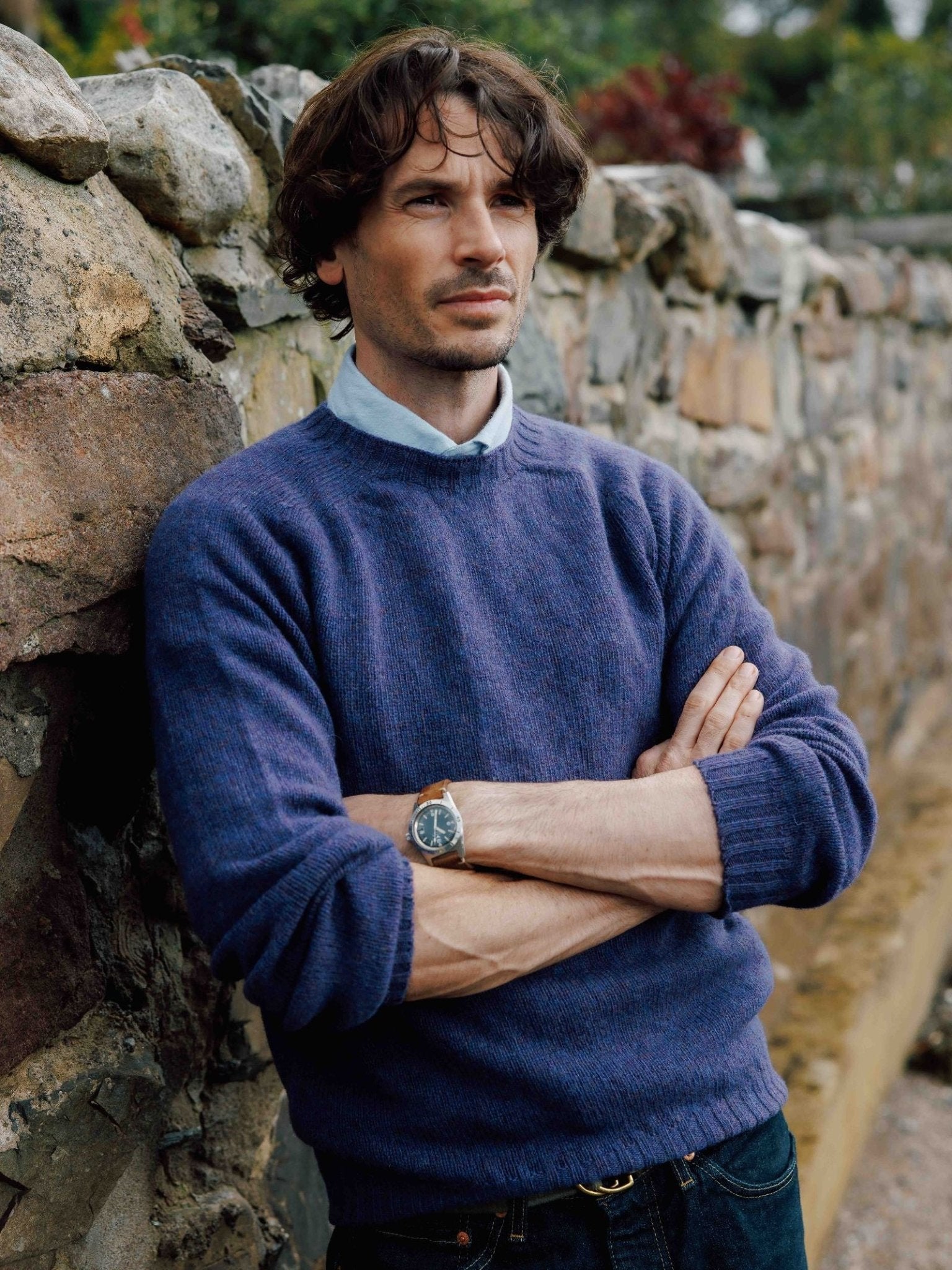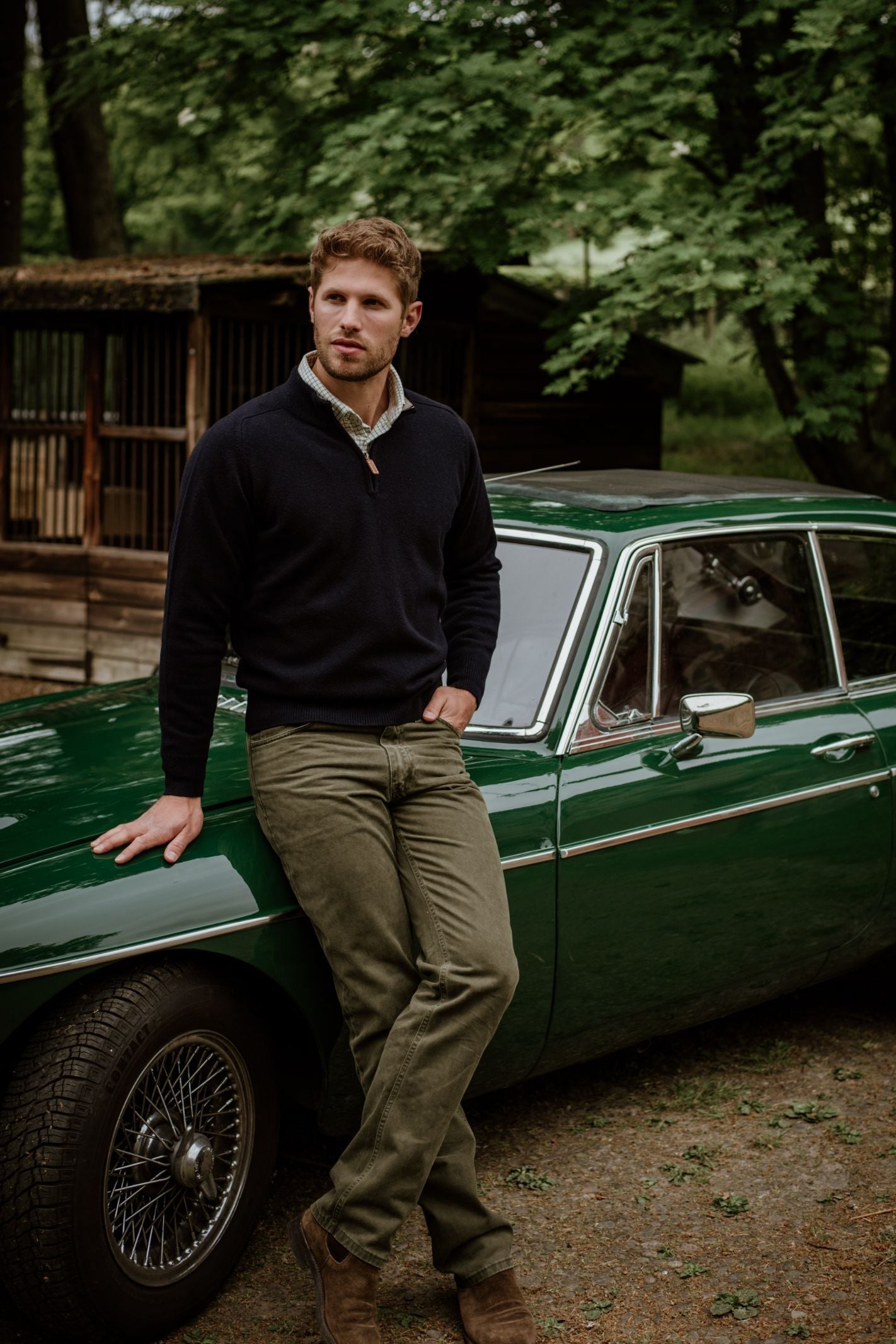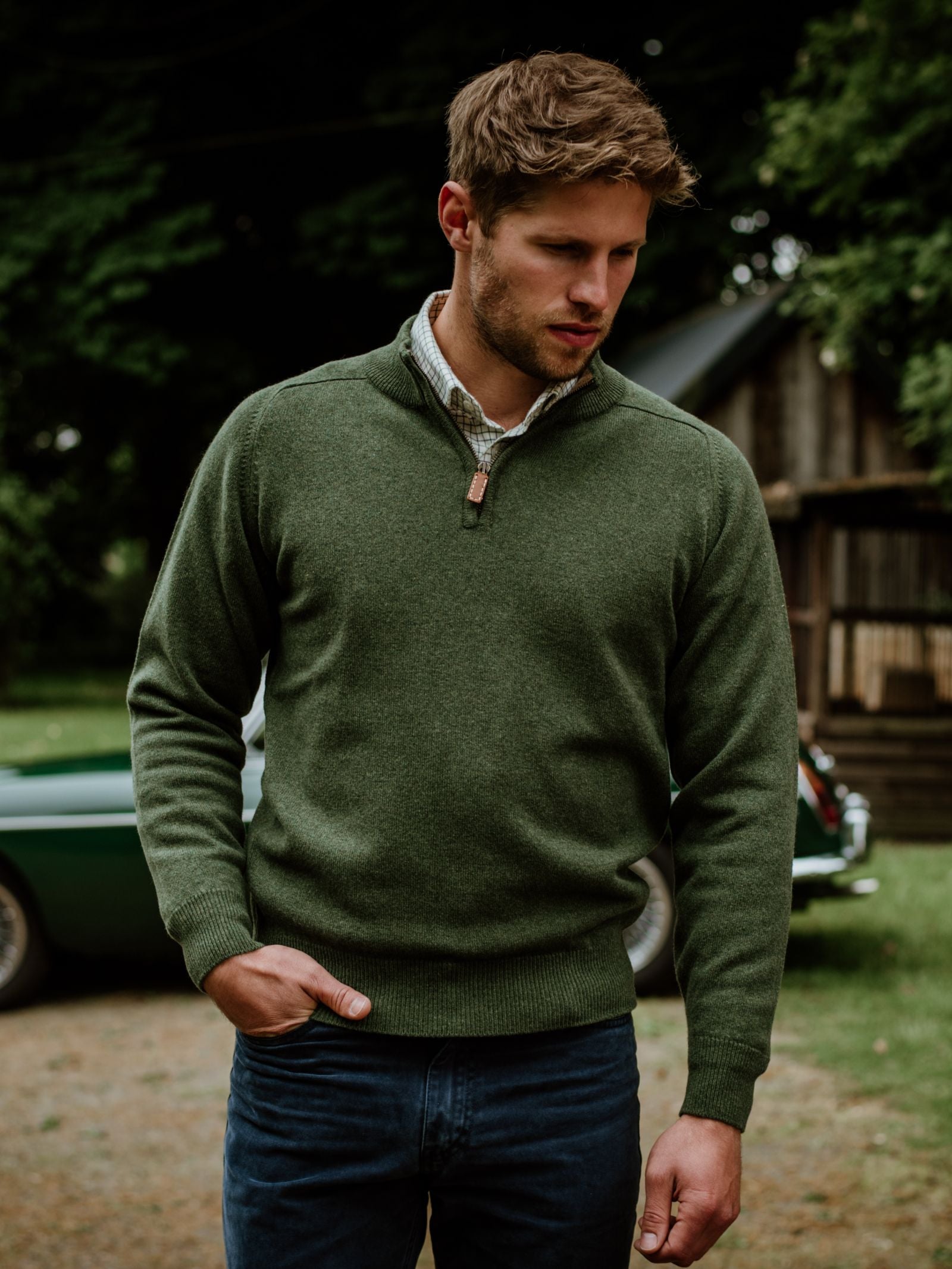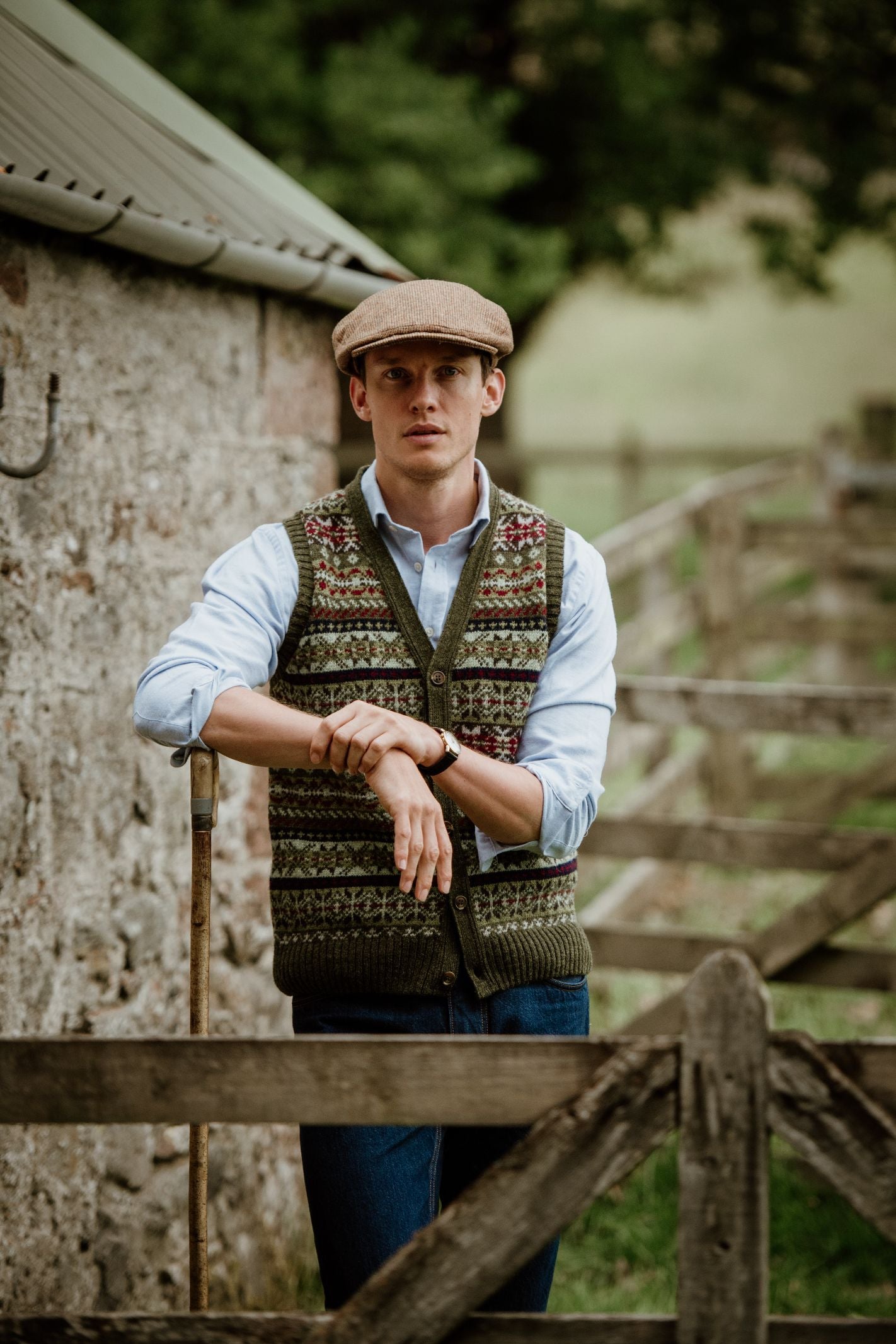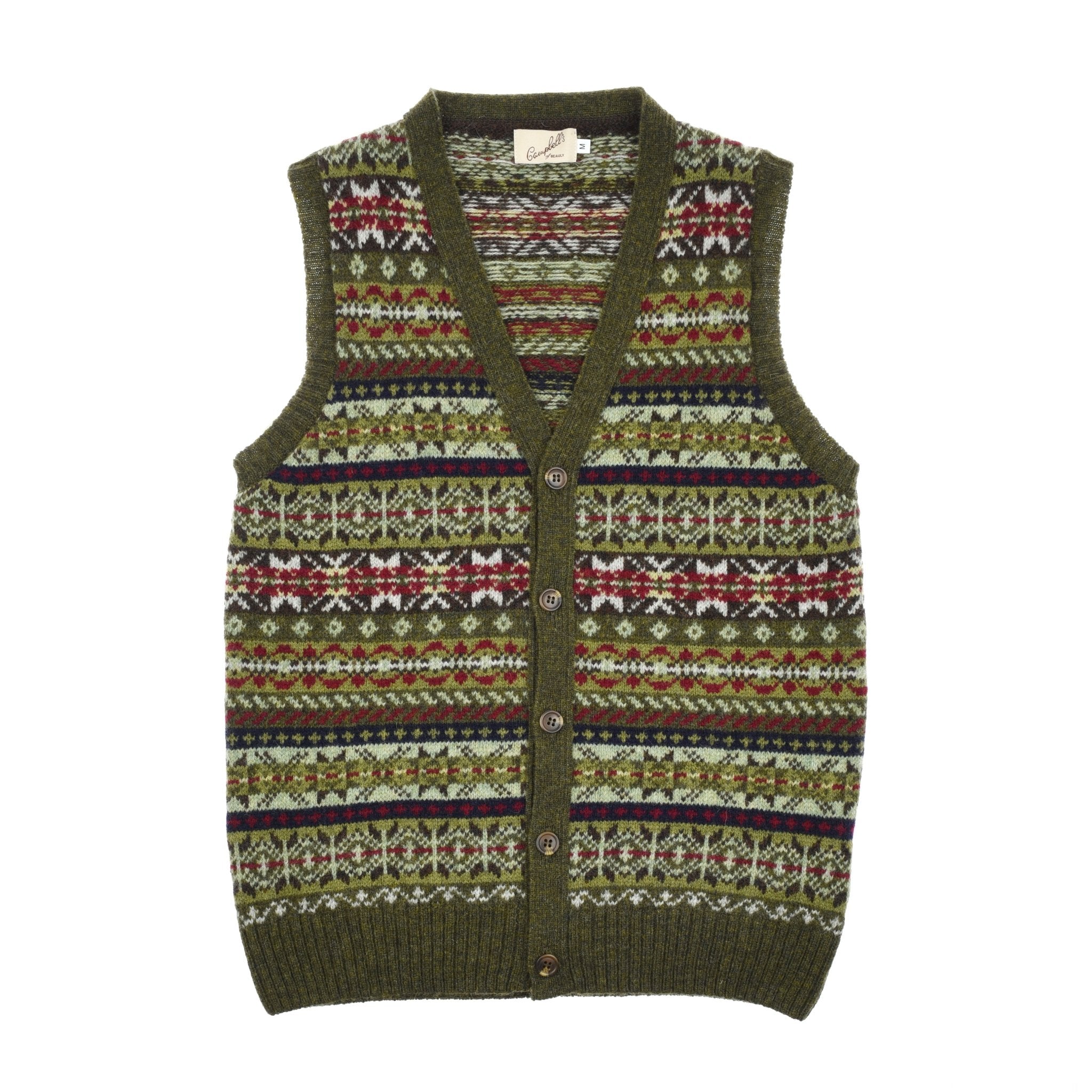
Black Isle Brewery
We spoke with David, founder of Black Isle Brewery, whose commitment to organic farming, great beer and community is a story worth raising a glass to.
Welcome to Campbell’s Clientele—a series celebrating the people who inspire us. Friends of the brand who live, work and explore with the same love for craftsmanship, tradition and community that we hold dear. Discover all stories here.
How, why, and when did you start your business?
I started Black Isle in 1999. I was unemployed—and, frankly, unemployable. I wanted to create something of my own, and I loved beer. I believed in organics and sustainable agriculture, so I decided to build an organic brewery and create an organic beer brand. My philosophy was simple: drink great beer, but if you can drink great organic beer and support sustainable farming at the same time, all the better. We called it: Save the Planet. Drink Organic.
Why did you choose to be fully organic?
Because I believe in the principles of organic production. Put simply—less is more. Since the 1950s, modern agriculture has chased yield at the expense of everything else: the health of the soil, our rivers, woodlands, oceans, and the natural balance of the planet. It even affects our own health. Whether it’s glyphosates sprayed onto barley or chemicals harmful to bees and biodiversity, I didn’t want that in my beer—or anyone else’s.
Ten years after starting the brewery, I was able to buy 130 acres of farmland around it. After decades of intensive farming, we converted it to organic production. Yes, the yield went down, and yes, there are more weeds, but the biodiversity has come back in abundance—birds, bees, butterflies, moths. Every morning starts with a deafening dawn chorus. This spring, the song thrushes have been heart-stoppingly beautiful. We even had a colony of rare hawfinches visit us for a few weeks.
Have your customers’ expectations around sustainability and provenance changed?
We’ve always aimed to be ahead of the curve, but there’s still a long way to go—not just in brewing, but across all production. Organic methods make things harder and more costly, but if more of us commit to doing it the right way, there’s still a future to protect.
That said, we’ve definitely noticed growing awareness and demand. People are connecting the dots—whether it’s the changing climate or the food and drink they consume. If we all do a little better, it adds up to a lot.
Ten years after starting the brewery, I was able to buy 130 acres of farmland around it. After decades of intensive farming, we converted it to organic production. Yes, the yield went down, and yes, there are more weeds, but the biodiversity has come back in abundance—birds, bees, butterflies, moths. Every morning starts with a deafening dawn chorus. This spring, the song thrushes have been heart-stoppingly beautiful. We even had a colony of rare hawfinches visit us for a few weeks.
What motivates you?
The mission to make truly exceptional organic beer, and to see as many people as possible drinking it. Love beer. Love life. Love the environment. It’s fun, it’s delicious, it’s socially responsible, and it supports the future of the planet. What’s not to love?


Who inspires you?
Rachel Carson, who exposed the environmental damage of pesticides in Silent Spring back in 1962. Yvon Chouinard, the founder of Patagonia—surfer, climber and a true example of business for good. Peter Bouckaert, former head brewer at New Belgium Brewing Co, who once called himself the Jackson Pollock of brewing.
And above my desk for over 20 years, I’ve kept a quote from the abbot of Saint Sixtus Abbey of Westvleteren, known for producing what many consider the world’s best beer. He said: “We are not brewers. We are monks. We brew beer to be able to afford being monks.” It’s a lesson in humility—and a reminder that not everything has to be about maximising profit.
How have you seen the Scottish craft beer scene evolve since 1999?
The scene has changed dramatically. There are so many more breweries now, and more people interested in provenance, quality, and style. We’ve stayed true to what we set out to do—make great organic beer—and that focus has helped us keep moving forward.
How is the bar side of the business going, and do you have plans for more?
Like any business, it has its ups and downs. We have an incredibly loyal customer base in Inverness, and our bars offer something entirely unique—not just our own beers, but guest beers and great food too.
Fort William has its own rhythm—quiet winters and busy summers when the tourists arrive. It’s a different kind of challenge, but one we’ve embraced. We believe in the format we’ve created, and while there are no immediate plans for expansion, we’d love to do more in the future. As ever, timing is everything.
Shop The Look
Select variants from £104.00
Select variants from £143.20
Select variants from £151.20

